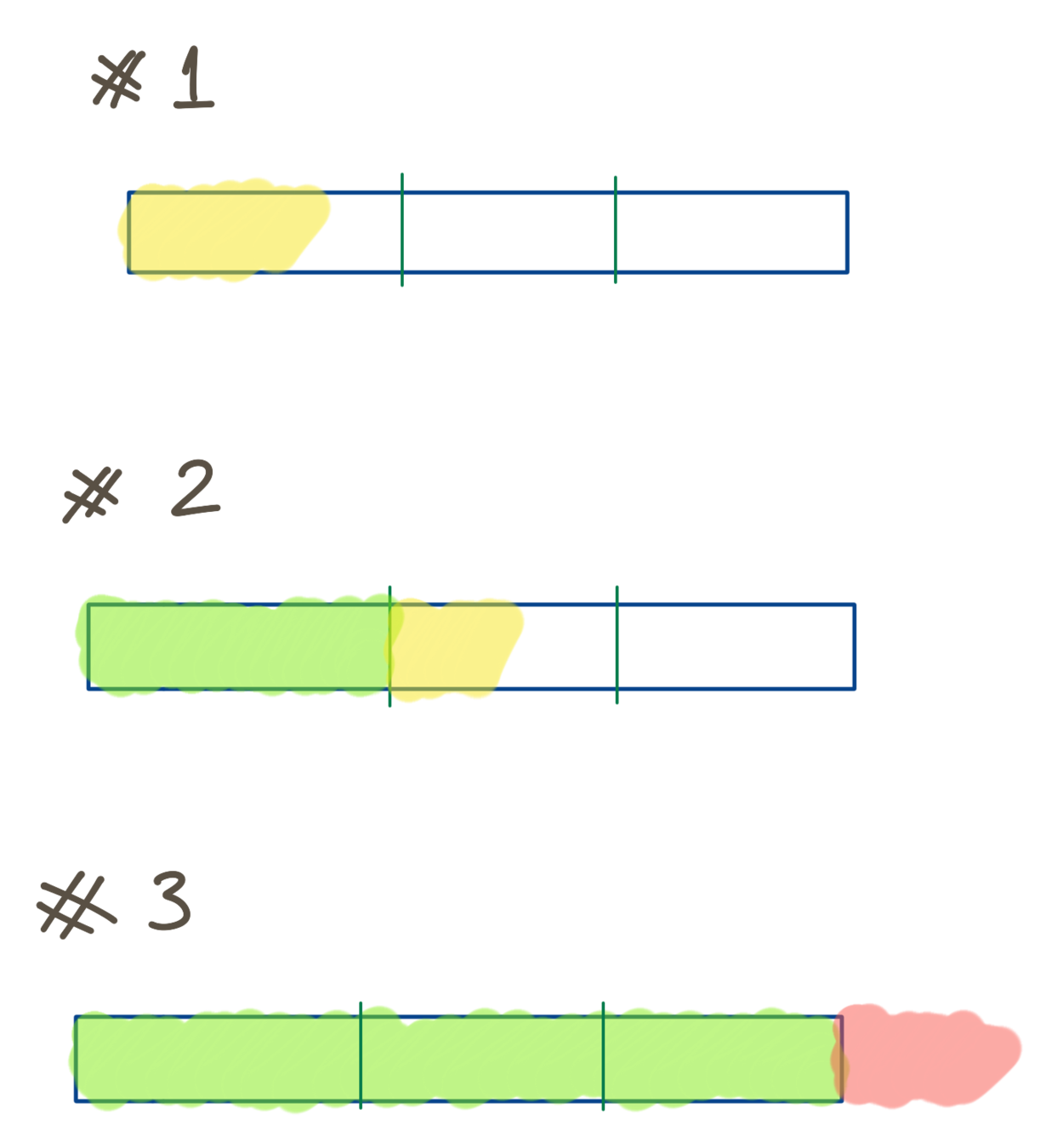Software Testing
More than you ever wanted to know

What I Did/Do?
- 2009 - C++ "Hello, World"
- 2010 - iOS App
- 2011 - Game
- 2012 - iOS App
- 2013 - Game
- 2014 - iOS App
- 2015/6 - Game
- 2017/8 - iOS App

What is Testing?
Why Would You Test?
Why Do You Test?
- Avoid surprises
- Saves time
- Iteration
- Documentation
- Better quality
- Better architecture
How do you test?
I DON'T

Manual

Unit Testing
Where it all starts,
Where most people stop

Overview
- Technical spec
- Simple, isolated, lacks creativity
- Covers simple class of bugs:
- Arithmetic
- NPE
- Buffer overflow
- Typos
- If it's not simple,
you're doing it wrong!
Example #1
def greet(person: str) -> str:
return f"Hello, {person}!"def test_greet_func():
person = "Elon"
assert greet(person) == "Hello, Elon!"
Example #2
from datetime import datetime
class TimeProvider:
@staticmethod
def current_time():
return datetime.now()When to Unit Test?
- Transform functions and classes
- Minimum side-effects
- Minimum dependencies
- e.g.
- Parsers
- RFC-compliance
What Could Go Wrong?

Feature Testing
The absolute minimum,
The most valuable

Overview
- Business spec
- Involves several components
- Still, no external systems
- e.g.
- UI Testing
- API Testing
Example #1
class Counter:
def __init__(self):
self.count = 0
def increment(self):
self.count += 1def test_counter():
counter = Counter()
# first time
counter.increment()
assert counter.count == 1
# second time
counter.increment()
assert counter.count == 2Realworld Example
account = %Account{}
|> Account.changeset(%{username: "rand 12823"})
|> L3DB.Repo.insert!
result = %Device{}
|> Device.changeset(%{@valid_attrs | account_id: account.id})
|> L3DB.Repo.insert
assert {:ok, device} = result
assert Ecto.UUID.cast(device.uid) == {:ok, device.uid}
assert device.token =~ ~r([\w_-]{28})Realworld Example


daily_reward = %{
stack_value: %Cost{coins: 2},
interval: :timer.hours(1) |> div(:timer.seconds(1)),
max_stacks: 10}
# 0
date_ref = (now - div(daily_reward.interval, 2))
{timestamp, reward} = DailyReward.compute(daily_reward, date_ref)
assert timestamp == date_ref
assert reward == %{coins: 0}
# 3
date_ref = (now - daily_reward.interval * 3 - 100)
{timestamp, reward} = DailyReward.compute(daily_reward, date_ref)
assert_in_delta now - timestamp, 100, 2
assert reward == %{coins: 3 * daily_reward.stack_value.coins}
# > 10
date_ref = (now - daily_reward.interval * 11)
{timestamp, reward} = DailyReward.compute(daily_reward, date_ref)
assert_in_delta now - timestamp, 0, 2
assert reward == %{coins: daily_reward.max_stacks * daily_reward.stack_value.coins}What Could Go Wrong?

E2E Testing
Hey now, you're a Rockstar!

Overview
- Real-world interactions
- Staging environment
- Get creative!
- All systems involved,
NO EXCEPTION.
Realworld Examples
Realworld Examples

Key Learnings
Test-First Development
Never write tests for the sake of writing tests

Write clear, readable, and flat Tests
As much as possible:
Write less tests that cover more code
As much as possible:
Tests should not affect shipped code
Bonus Topics!
Code Coverage
https://stackoverflow.com/questions/90002
Property-based
Testing
https://www.youtube.com/watch?v=hXnS_Xjwk2Y